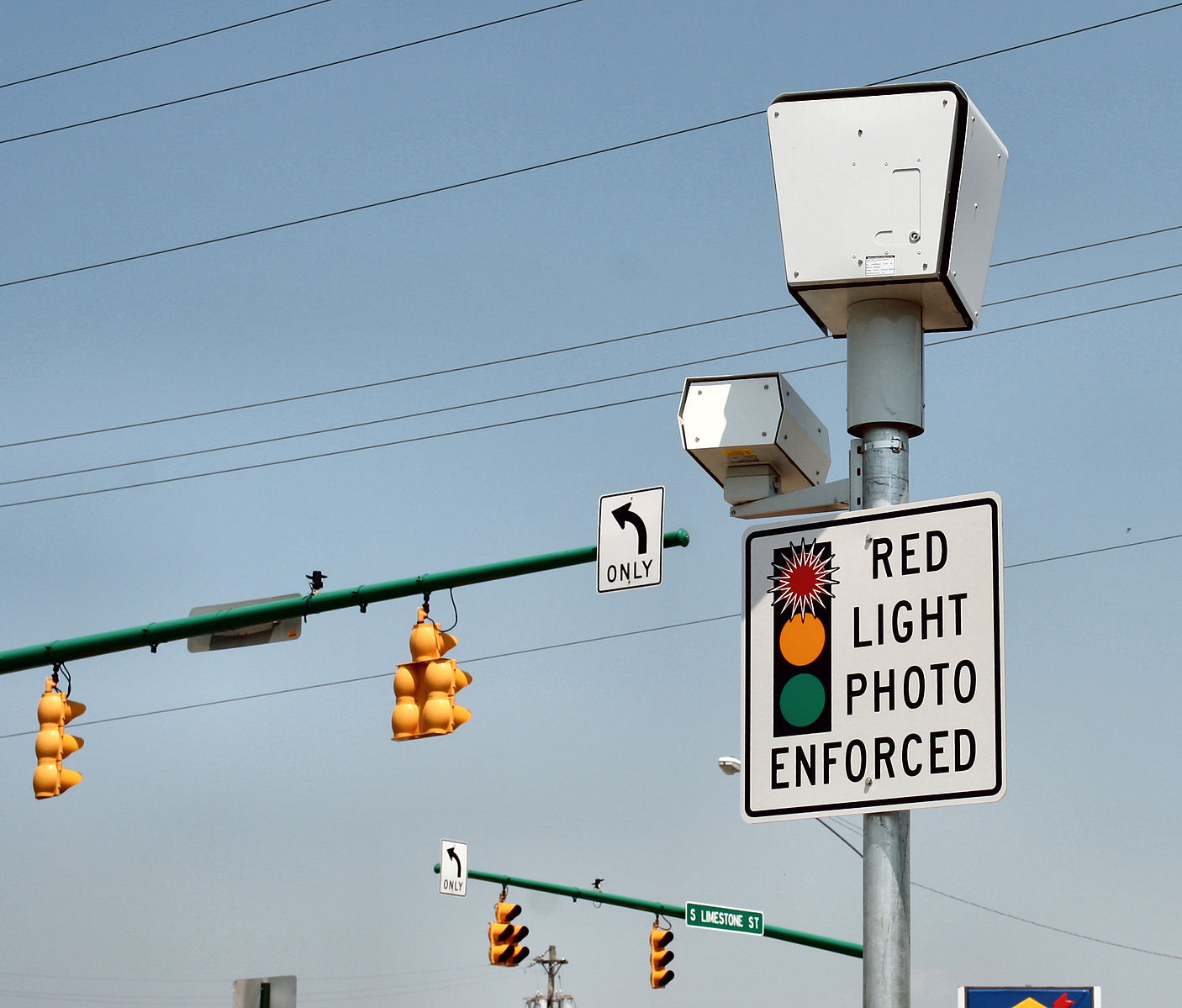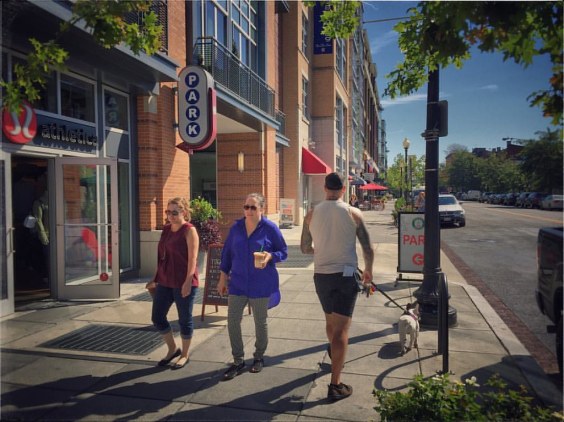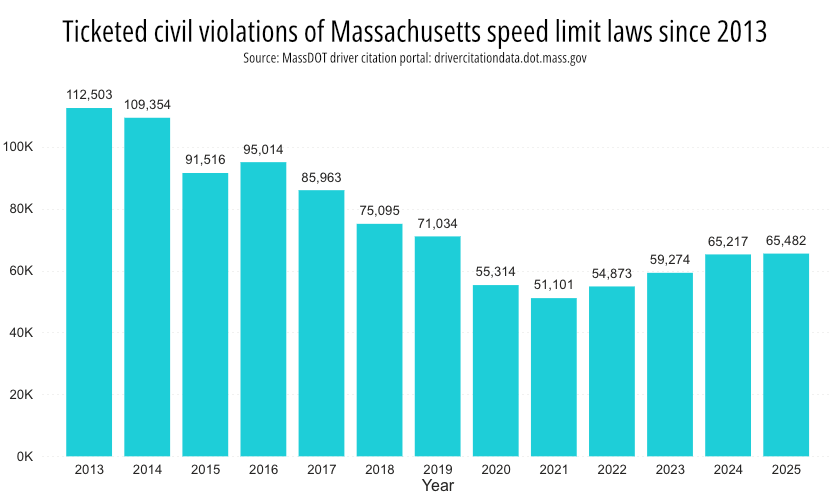Real-life RoboCops, armed only with digital cameras to slap bad drivers with light fines, could be coming to the streets of Massachusetts.
Senate bill 2553, sponsored by Sen. William Brownsberger (D-Belmont), would allow cities and towns to install automated cameras on streets, intersections, and school buses to enforce traffic laws.
A recent amendment to the bill would also allow camera installations to keep cars out of dedicated bus lanes.
The bill recently earned an "ought to pass" recommendation from the Senate Committee on Ways and Means, and is scheduled for a vote on the Senate floor this Thursday*. It would then head to the House of Representatives.
"We’ve really worked hard to craft a bill that responds to the natural concerns people have," Brownsberger told StreetsblogMASS in a phone conversation on Monday. "People are afraid municipalities are going to abuse it to make money, and there are concerns about privacy. But we’ve worked really hard to ensure that (these cameras) will really be used to ensure safety and not violate privacy."
The bill will cap fines at $25 per violation, and specifies that revenue from the cameras could only be used to cover the costs of the systems before being deposited into the state transportation trust fund.
The cameras would only be activated when a violation is detected, and photographs would be required to be destroyed within 48 hours of a violation's resolution.
The bill also specifies that cities and towns may only install one camera system per 2,500 residents (not including cameras mounted on school buses). That limit would allow roughly 270 cameras in Boston, 45 in Cambridge, 32 in Somerville, 74 in Worcester, 61 in Springfield, and 11 in Northampton.
A 2017 research study from Northwestern University concluded that automated enforcement cameras in Chicago contributed to a ten percent drop in injury-causing crashes in the city, and also documented a “spillover effect” where drivers also became less likely to run lights at intersections that didn't have cameras installed.
New York City has been using automated red-light enforcement cameras since 1993, and in light of their effectiveness in reducing dangerous driving, the city recently announced a large expansion of the program to enforce safer driving near school zones.
*Update (Thursday 2/27): As scheduled, the Senate did take up the bill today and adopted several amendments late in the afternoon, but given the late hour, Senators tabled the bill for further action in the next session, scheduled for March 2. Several more amendments will be considered at that time.
Read the full text of S. 2553, "An Act Relative to Automated Enforcement"
Want to contact your legislators? Find their contact information here.






